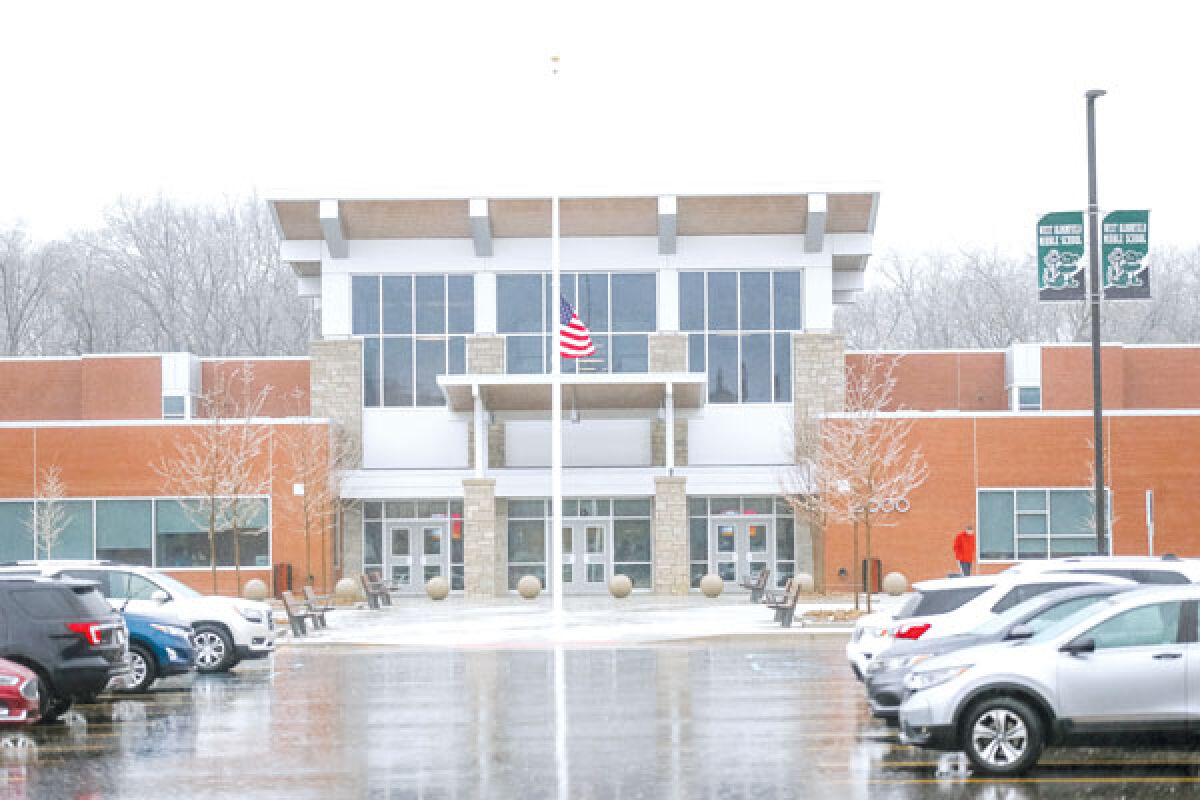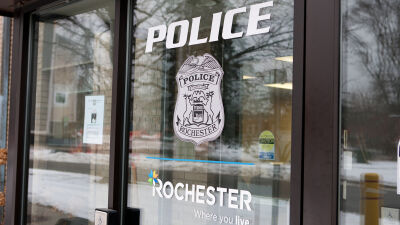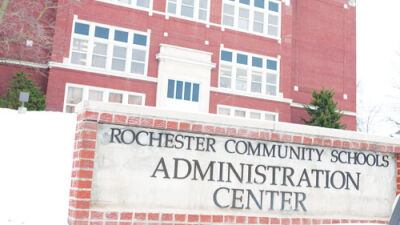WEST BLOOMFIELD — As part of the presidential primary election ballot Feb. 27, voters will decide on the renewal of a West Bloomfield School District millage.
The non-homestead tax rate of 18.6967 would not be levied on primary residences — just commercial, rental and other properties.
Although the district can only levy 18 mills on non-homestead property each year, the portion of the millage above 18 mills would protect the district from potential Headlee Amendment rollbacks in the future, according to a press release from the district.
The Headlee Amendment to the Michigan Constitution calls for millage rates in communities to be reduced to offset increases in overall taxable values exceeding the rate of inflation in a given year.
The West Bloomfield School District Board of Education unanimously approved placing the operating millage renewal on the ballot.
If approved, the district’s ballot proposal would renew the 18 non-homestead mills that were last approved by voters in 2014, and two non-homestead mills that were approved in 2021.
The proposal would also renew 5 hold harmless mills that were approved by voters in 2014. Those mills are levied on primary residences in the district. A mill is $1 for every $1,000 of a home’s taxable value.
In 1994, Proposal A set a minimum level of per-pupil funding for all school districts. Districts that already spent more than that, like West Bloomfield, were allowed to levy a hold harmless millage, with voter approval, to maintain that funding rate.
The district is authorized “to levy not more than 18 mills on non-homestead property and not more than the 4.6587 hold harmless mills previously approved by the voters on homestead property,” a press release states. “However, for fiscal year 2023/24, the School District needed to levy only 3.1426 mills (of the 4.6587 mills authorized) against homestead property to hold itself harmless to obtain the Foundation Allowance.”
The per-pupil foundation allowance is money the district receives for each student, funded by local property taxes and state school aid payments.
Non-homestead property includes business real property, rental homes, vacant land, second homes and commercial personal property, including business equipment and furnishings.
Non-homestead taxes are not collected on owned primary residences.
School districts in Michigan must levy 18 mills on non-homestead property to receive their full foundation allowance from the state.
When a district collects 18 mills, it means that $18 in taxes are collected for every $1,000 of taxable value.
According to the district, the proposal is a renewal of an existing millage and not a tax increase, and it makes up approximately 17% of the district’s budget.
The non-homestead mills pay for daily operations of the district, including teacher salaries, education programs and more, unlike a bond, which is an amount that voters approve a district to borrow to pay for specific projects, such as building and site improvements, and cannot be used for daily expenses, salaries or anything other than what was outlined in the bond proposal.
Approval of the proposal would allow the district to maintain the 18 mills required to be levied in order to continue to receive its revenue per-pupil money and renews a millage that expires with the 2024 tax levy, according to the district.
If the millage were to fail, the district would have to cut 17% of its budget.
“The operating millage is a component of the Foundation Allowance, which is the School District’s largest source of revenue,” states the district’s website.
“If the voters do not renew these non-homestead and hold harmless operating millages, the State WILL NOT increase its State school aid payments to make-up for the loss of the locally raised property tax revenue,” the release states. “Consequently, the School District would not receive its full Per Pupil Foundation Allowance until the voters reauthorize these non-homestead and hold harmless operating millages.”
The renewal would be for a period of 10 years, from 2025-2034, to provide funds for operating purposes, according to wording on the ballot.
If approved, the proposal would affect the educational program of every West Bloomfield student, according to Superintendent Dania Bazzi.
“In short, we can continue moving the West Bloomfield School District forward with no change in the current tax rate for primary residence homeowners,” Bazzi stated in the release.
West Bloomfield resident John Calvin and his wife have three children in the West Bloomfield School District. He is a supporter of the district’s proposal.
“I’m always in favor of renewing millages for education, so I will support a millage every time, even when my kids are out of school,” he said.
Some residents in Keego Harbor were upset that money for a bond that was approved in 2017 did not go toward repairs for Roosevelt Elementary School, which they said was promised.
Last year, the district approved a recommendation to demolish the school, which could happen this summer.
Local resident Amanda Leach has a son who is a first-grader in the district. He currently attends Abbott, which is a former middle school in the district where Roosevelt students were sent after there was a partial roof collapse in an unused classroom at Roosevelt in 2022.
She is not a proponent of the district’s operating renewal millage proposal.
Aside from funds that were not spent on Roosevelt, she pointed out a budgeting error by the district that caused the district to utilize roughly $1.7 million of its fund balance for the fiscal year budget for the 2022-2023 school year.
It was an error that was acknowledged by Bazzi, who said at the time that the accounting error, while concerning, was something that they could manage and would work to prevent in the future.
From Leach’s perspective, the district hasn’t proven that it can “handle” the money that it gets.
“It’s garbage,” Leach said of the operating renewal millage proposal. “They keep losing this money; they keep not spending this money. Where’s the money that went to Roosevelt? We got some new windows and a new AC unit, but that’s not millions of dollars. … I’m a school of choice mom, so I chose to be in this district, and I’m probably choosing to leave.”
Hannah Dagg is a West Bloomfield resident and a board member of the Greater West Bloomfield Historical Society.
She shared her thoughts about the operating renewal millage proposal.
“I plan to support that,” Dagg said. “I feel like that’s important to support that.”
Waterford resident Lindsay Steinbrecher is also the parent of a Roosevelt student who currently attends Abbott.
Money that was not spent on Roosevelt was also on her mind.
“How did a ceiling collapse when we approved for you to have money to fix it? I don’t know what happened to that money,” Steinbrecher said. “I know they spent a lot of money and effort promoting to get that money. … I think a lot of people (want to) vote no out of spite and distrust, and that I don’t blame them for.”
For more information about the operating millage renewal proposal, visit wbsd.org.
“We want to make sure members of our community understand that all registered voters can vote on the proposal even though the non-homestead ballot proposal applies primarily to businesses and second homes,” Bazzi stated in the release. “We will work diligently to address any questions members of the community may have before the vote which the Board of Education has scheduled for February 27 as that date reduces election costs for the district.”
The West Bloomfield School District did not respond to opportunities to comment beyond the press release by press time.
 Publication select ▼
Publication select ▼



























